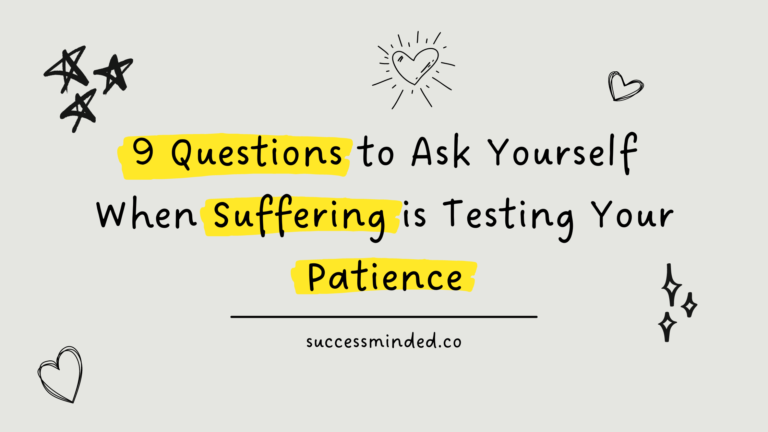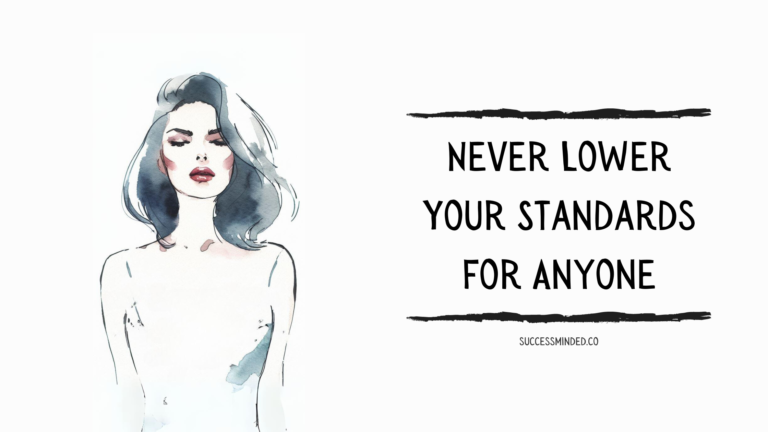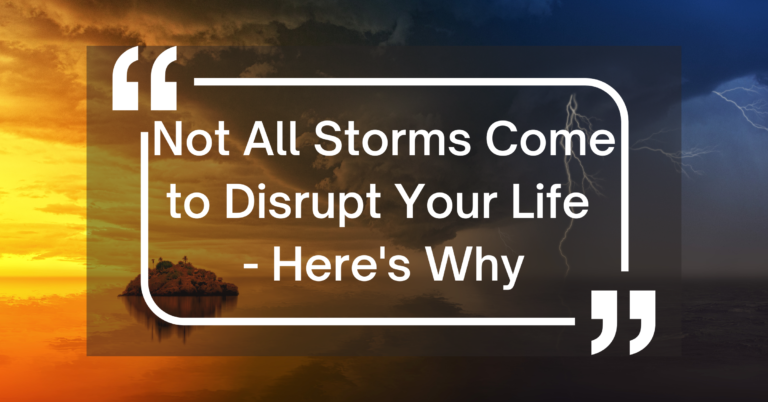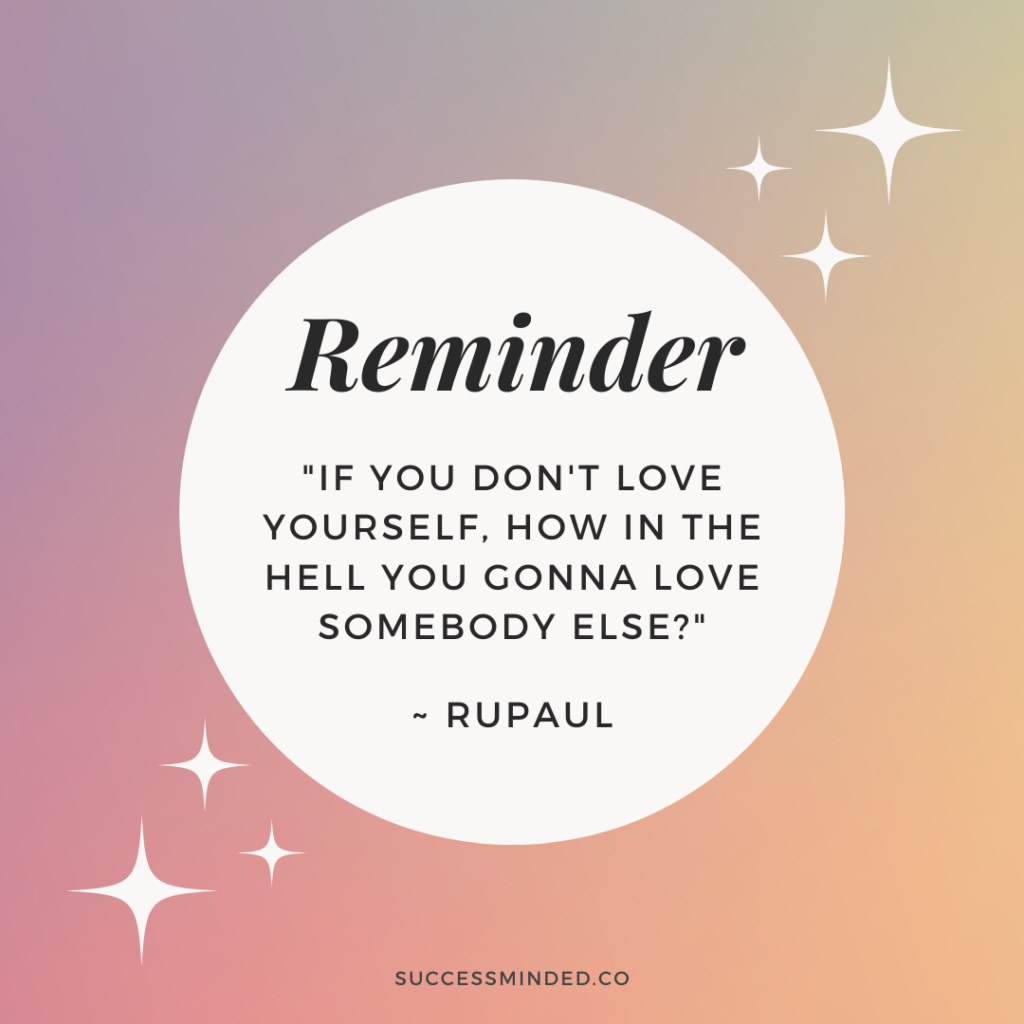
In the words of the iconic RuPaul, “If you don’t love yourself, how in the hell you gonna love somebody else?” This statement, often delivered at the end of “RuPaul’s Drag Race” episodes, has echoed beyond the realms of the show, striking a chord in the hearts of many. RuPaul, a beacon of confidence and self-expression, encapsulates a powerful message about the importance of self-love.
Through this article, we will unpack the layered meaning of this phrase and examine how loving oneself is not just an act of self-preservation but the cornerstone of forming deep and meaningful connections with others.
Dissecting the Meaning of the Saying, “If You Don’t Love Yourself, How in the Hell You Gonna Love Somebody Else?”
If you can't love yourself, how in the hell you gonna love somebody else? Can I get an amen? – @RuPaul #DragRace #Wisdom
— RuPaul's Drag Race (@RuPaulsDragRace) February 5, 2013
At first glance, RuPaul’s words may seem straightforward, but they hold a profound truth about human nature and interpersonal relationships. Self-love is an acceptance of one’s self; it’s the unconditional support, care, and compassion one gives to oneself. It’s the understanding that before you can extend love to someone else, you must first be at peace with who you are.
The saying implies that the journey of loving others begins with the individual. It stresses that without a solid foundation of self-regard and self-compassion, one’s ability to truly connect with and love others may be hindered. The essence of this saying is not about narcissism or vanity; it’s about acknowledging and nurturing one’s own worth and value. When you love yourself, you’re more likely to establish healthier, more fulfilling relationships.
The Relationship Between Self-Love and Self-Esteem
Self-love and self-esteem are closely linked, yet they are distinct concepts. Self-esteem refers to the overall opinion we have of ourselves and how we value our abilities and accomplishments. Self-love, however, goes deeper—it’s not just about feeling good about our achievements; it’s about appreciating ourselves, even when we fall short of our own or others’ expectations.
A person with healthy self-esteem typically has a more robust sense of self-love. This self-respect encourages positive mental health and equips individuals to handle the challenges of life more effectively. Conversely, low self-esteem can make it difficult for someone to foster self-love, which in turn, can impact their relationships.
If a person does not value themselves, they may struggle to believe that they are worthy of love from others, potentially leading to a cycle of negative relationships that reinforce their low self-worth.
Self-Love as the Foundation for Other Relationships
“If you can’t love yourself, how are you going to love anyone else?”
Rosie Abigail
The ability to love oneself is paramount when it comes to seeking and maintaining love from others. Self-love teaches us to set boundaries, to recognize our worth, and to not settle for less than we deserve. It is the benchmark that we use to gauge how we should be treated by others, serving as a protective barrier against mistreatment and neglect.
When you hold yourself in high esteem, you are more likely to seek out relationships that reflect this positive self-image. You’ll choose partners and friends who respect and enhance your value rather than diminish it. This dynamic plays a crucial role in developing healthy, balanced, and mutually satisfying relationships.
Without self-love, it’s easy to fall into patterns where you’re undervalued and underappreciated—because if you don’t see your worth, how can you expect others to see it?
The Journey to Self-Love
Embarking on the journey to self-love can be challenging, particularly in a world where external validation is often mistaken for self-worth. The barriers to loving oneself are numerous and can range from deep-seated issues stemming from childhood to the everyday pressures of living in a society that constantly sets new standards for success and beauty.
To cultivate self-love, one must begin with self-awareness—recognizing and accepting personal strengths and weaknesses. This process involves practicing self-care, setting aside time for personal development, and forgiving oneself for past mistakes.
It’s also about surrounding oneself with positive influences and engaging in activities that reinforce one’s value and self-esteem.
Notable Examples
Embarking on a journey to self-love is a deeply personal and transformative experience. Real-life examples of individuals who have navigated this path can provide inspiration and insight into how self-love can be cultivated. Let’s look at a few such stories:
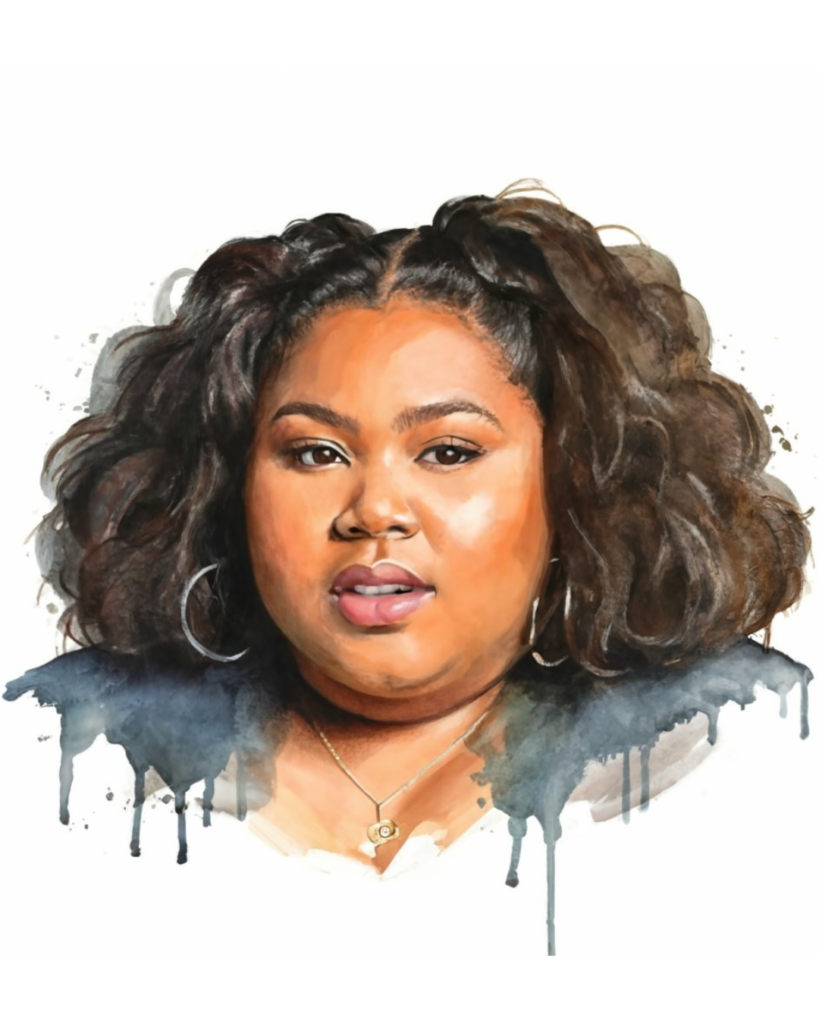
Lizzo’s Celebration of Self-Confidence: Musician and performer Lizzo has become a symbol of body positivity and self-love. Her journey involves breaking the norms of the music industry and celebrating her body and personality in a way that promotes self-love and confidence. Lizzo’s story is a vibrant example of how embracing and loving oneself can challenge societal standards and lead to a fulfilling career and life.

Demi Lovato’s Path to Self-Acceptance: Singer and actor Demi Lovato has been open about their struggles with mental health and addiction. Through their journey, Demi has advocated for self-love, especially in the face of mental health challenges and societal pressures. Their path to self-acceptance, including seeking help when needed and being unapologetically themselves, highlights the role of self-love in healing and personal growth.
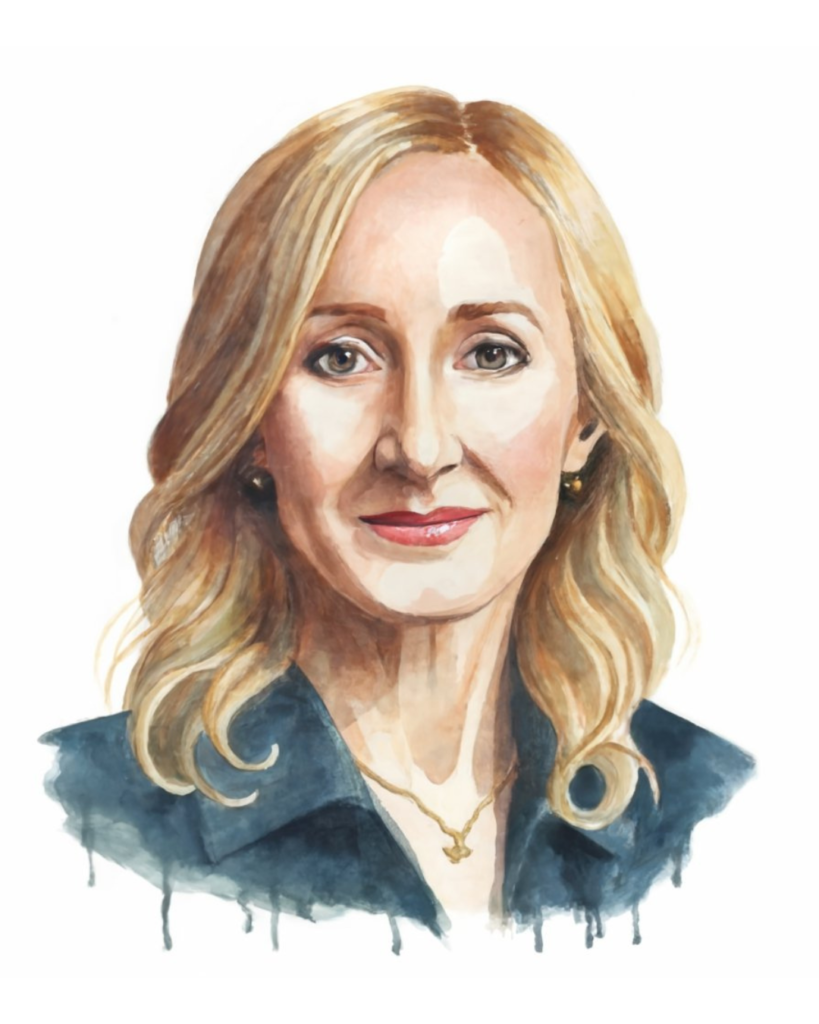
J.K. Rowling’s Story of Perseverance: The celebrated author of the Harry Potter series, J.K. Rowling, faced numerous rejections and hardships before her success. During her toughest times, including living as a single mother on welfare, Rowling found strength in her passion for writing. Her journey to self-love was intertwined with her commitment to her craft and belief in her stories, despite external setbacks. Her story exemplifies how self-love can emerge through perseverance and following one’s passions against all odds.
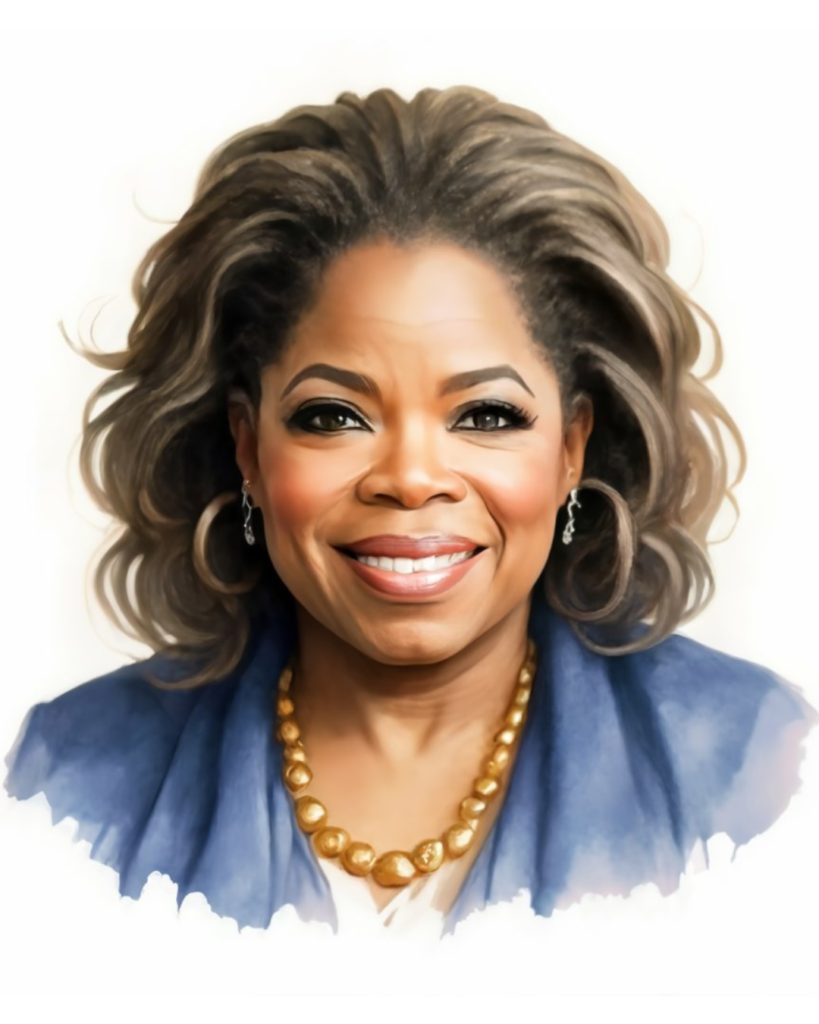
Oprah Winfrey’s Triumph Over Adversity: Oprah Winfrey’s rise from poverty and a troubled childhood to becoming a media mogul and philanthropist is a testament to the power of self-love. Oprah often speaks about the importance of self-worth and how recognizing her own value was pivotal in changing her life’s trajectory. Her journey illustrates how self-love can be a driving force in overcoming adversity and achieving extraordinary success.
The Social and Cultural Factors Influencing Self-Love
Our perception of ourselves is not formed in a vacuum. It is influenced by our interactions with others and the society at large. Cultural norms, media portrayals, and social comparisons can all shape how we see ourselves and how much love we think we deserve. These external factors can set unrealistic standards that may lead to self-criticism and a lack of self-love.
Combatting these negative influences starts with recognizing that the images and ideals often portrayed in the media are not only unattainable but also not reflective of true worth. Building self-love in this social context means seeking out and even creating environments that celebrate diversity, inclusivity, and the intrinsic value of each individual.
Strategies for reinforcing self-love in the face of societal pressures include media literacy, critical thinking about cultural norms, and actively choosing to consume content that is affirming and positive. It also involves cultivating a community that uplifts each member and recognizes the unique qualities that each person brings to the table.
Loving Others After Loving Yourself
Once the foundation of self-love is established, the capacity to love others can flourish. Self-love allows us to engage in relationships without the heavy burden of needing them to complete or define us. Instead, they become an extension of our joy.
This doesn’t mean that one must achieve perfect self-love before entering a relationship; rather, it’s about being on a path of self-acceptance that allows us to engage with others authentically and healthily.
The transformation in how one loves others after achieving self-love can be profound. Relationships become less about seeking validation and more about sharing and growing. Personal anecdotes often reflect this change, showing a before and after where relationships are deeper, more stable, and more fulfilling once self-love is part of the equation.
Self-Love and Its Limits in Relationships
It’s essential to clarify that self-love is not about selfishness. The saying by RuPaul might be misconstrued to mean that one should only care about their own needs, ignoring the needs and feelings of others. However, true self-love encompasses a healthy balance of self-care and empathy towards others. It involves recognizing one’s own worth while also valuing and respecting the worth of others.
While self-love is fundamental, it’s not a license to disregard the needs and feelings of others in a relationship. The balance between self-love and altruism is delicate and crucial. It’s about setting boundaries that protect your well-being, but also being willing to compromise and show compassion. Healthy relationships thrive on this balance, where both parties feel valued and respected.
Understanding the limits of self-love in relationships is vital. It’s not about putting oneself first at the expense of others but about ensuring that self-respect and mutual respect coexist harmoniously. This understanding prevents the trap of narcissism and fosters relationships based on mutual care and respect.
Conclusion
RuPaul’s saying, “If you don’t love yourself, how in the hell you gonna love somebody else?” encapsulates an essential truth about the journey of self-love and its impact on our ability to form meaningful relationships. This journey is not always easy, nor is it ever truly complete. It is a continuous process of self-discovery, self-acceptance, and self-improvement.
As we learn to love ourselves, our capacity to love others grows and transforms. We move from seeking relationships to fill a void, to engaging in relationships that enhance our lives. In this journey, we must be mindful to balance our own needs with those of others, ensuring that our self-love enriches rather than diminishes our connections.
Embracing self-love is not just a pathway to better relationships; it’s a gateway to a more fulfilled and authentic life. It’s a journey well worth taking, full of challenges and rewards. And as RuPaul would say, it’s the first step towards truly loving somebody else.

